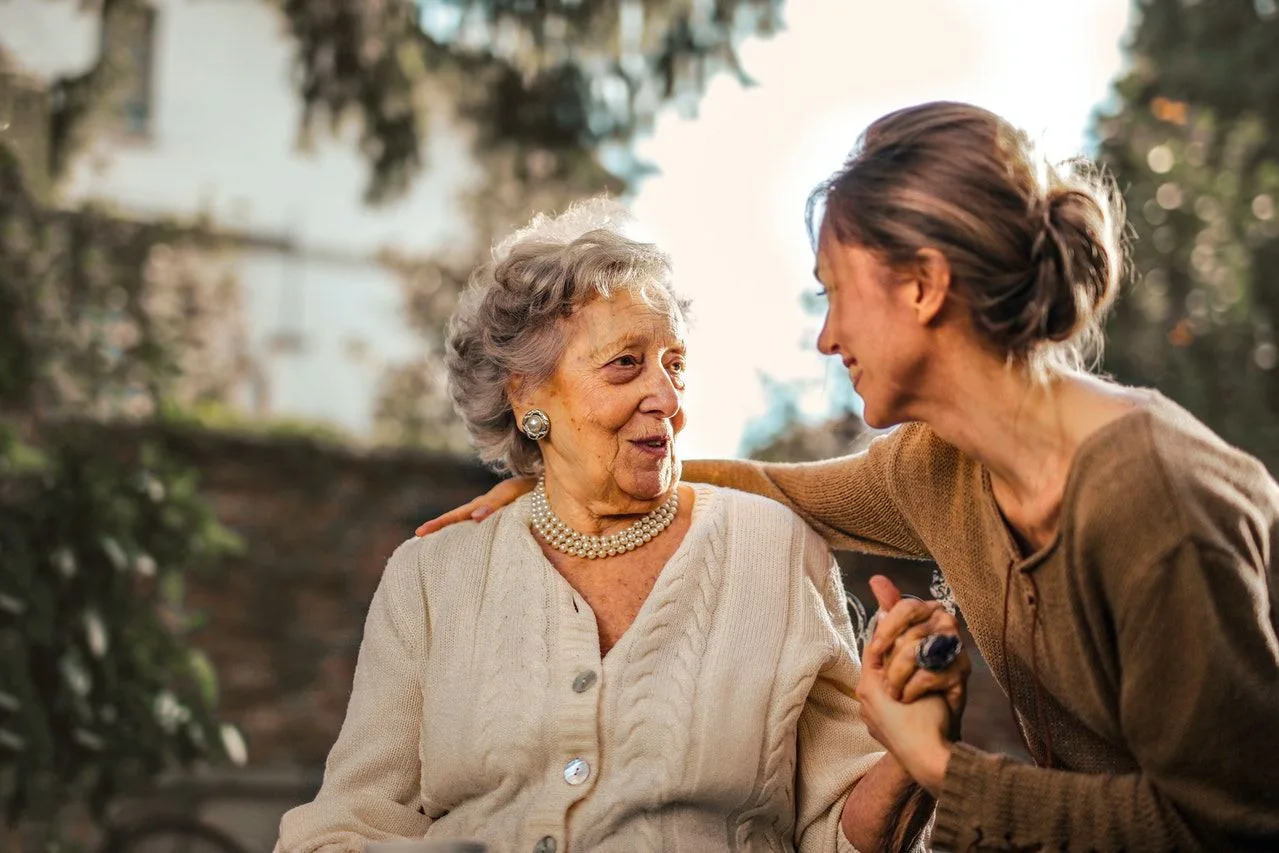Paid caregivers are sometimes family members or close friends/associates who have known each other for a long time. However, as a new caregiver, you might face some challenges in grasping what constitutes your duties.
To help you know better what is expected of you, we have described 9 responsibilities of a caregiving professional.
1. Health & Medical Needs
The physical well-being and existing medical needs of the recipient are the primary concerns of the caregiver. Taking proactive steps to keep up with their doctor’s appointments, medical timings, food aversions, and daily exercise/yoga sessions is important.
2. Make A Schedule
Although caregiving is a 24/7 job, the smart thing would be to spread priorities across a normal working day. Discuss and note down the important times of the day with the elderly in your care. Create a timetable to quantify how many hours of a day you will be required to be on the call.

Photo by Judita Tamošiūnaitė
As a paid caregiver, you can only do so much with the hours in your day. Nevertheless, taking care of yourself is just as important. Take some time off to relax and unwind to remain in the best of your mental and physical health.
3. Physical and Mental Assistance
With age, memory lapses are quite common. You may be required to remember a lot of things on their behalf like doctor’s appointments and when to take medicines. Normal daily activities become a challenge, so physical as well as mental assistance becomes the primary task of a caregiver.
Due to bones and muscles becoming weaker as they age, they may also need assistance getting out of bed in the morning or going down the stairs. Make sure you are around to help in order to prevent falls and accidents.
4. Help With Daily Chores
Daily household chores gradually become quite difficult for people as they age. As a caregiver, you can help with these chores, or you may need to hire a housekeeper if the budget permits. Doing the dishes, vacuuming, disposing of the trash, and grocery shopping are some tasks where your help may be required. You could also lend a hand with some minor repair work.
5. Observe and Learn
There might be a lot of things that you may have to learn about the elderly in your care. Observe what ails them, what they really care about, and what are some needs they might not be telling you upfront.
6. Food and Nutrition
Cooking nutritious food becomes more important with age as the metabolism becomes weaker. The elderly in your care may sometimes need a hand in the kitchen. You can help around or just make sure there are no mishaps. Accompany them with shopping for groceries and other things to help them make healthy food choices.
7. Physical Assistance
Normal daily movements around the house, on the stairs, or in the garden would require your assistance as well.
The elderly might face challenges getting out of bed or standing up from the chair due to arthritis or age-related fatigue. Ensure they are safe and comfortable most of the time.
8. Help With Commuting
Traveling by public transport or driving may no longer be safe for them. Avail of senior transportation services to get the elderly to doctor’s appointments and other places.
9. Companionship
Usually, in the later stages of life, friendships are scarce and families are away. Empty nest syndrome is very common at this age. Becoming their friend and confidante will lead to more honest conversations. As a caregiver, it will become easier for you to understand the kind of person you are dealing with.
Conclusion
Caregiving is a selfless job. It requires high amounts of empathy. There is no typical day in a caregiving job. Every day brings new challenges and learnings. But you will likely find some predictability, with duties clearly charted out.
Who is the author?
Richa Gautam, Content Writer – “Forever seeking knowledge and truth to fuel my writing”



